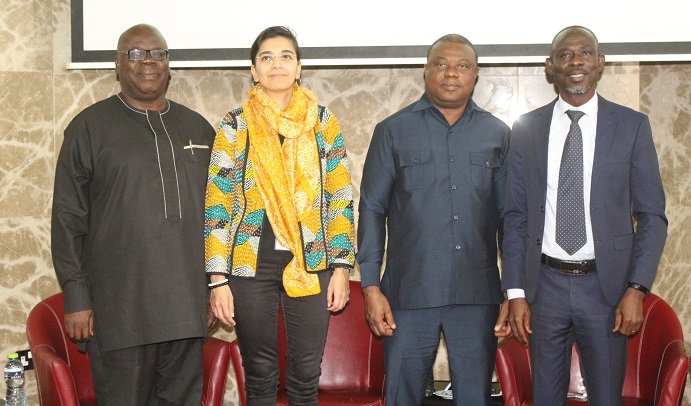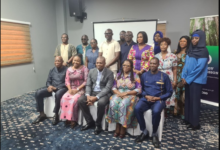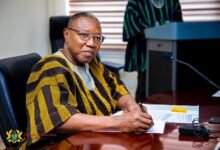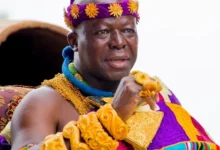Ghana’s forestry sector contributes averagely 1.5% to GDP from 2014-2023 – Report

The country’s forestry sector, particularly forest and logging in 2014 contributed GH¢10.83 billion to Gross Domestic Product (GDP), a study to assess the contribution of forestry to Ghana’s economic development has revealed.
This represented 2.0 per cent of the country’s GDP in 2014.
The study was conducted by Ghana Statistical Service (GSS) in collaboration with the Forestry Commission (FC), the Food and Agriculture Organisation (FAO), and Warnel School of Forestry of the University of Georgia in the USA.
The study conducted in 2014 led to more in-depth studies in 2022 to uncover the effects of forestry activities, particularly on wood and logging on the other economy sectors of the country.
Among others, the 2014 study revealed that the economic contribution of the forest sector is commonly underestimated due to high informality, weak reporting and lack of disaggregated data on the forestry sector.
It said since 2014 to 2023, the contribution of the forest sector to Ghana’s Gross Domestic Product on the average has been 1.5 per cent.
Consequently, a two-day National Policy Dialogue (NPD) opened in Accra yesterday, being organised by the GSS, FAO and FC for stakeholders in the forestry sector to discuss the final report on “Economic contribution and sectoral linkages of the forest sector to national economy of Ghana,” as well as policy measures to drive the growth of the forestry sector.
The Minister of Lands and Natural Resources, Samuel Jinapor, in the keynote address read by his Chief Director, Prof. Patrick Agbesubyale, noted that the dialogue was indeed a significant step in creating visibility of the contribution of the forest sector in national development.
He highlighted that forests were integral to the nation’s economy and societal well-being, saying they supported livelihoods, provide raw materials, and contribute to climate resilience.
He further stated that in spite of the numerous benefits the country derived from forests, deforestation and forest degradation due to illegal logging, illegal mining, that is climate change, also impacted heavily on the forest ecosystem and the sector’s resilience.
The Senior Forestry Officer of the Forestry Division of the FAO in her keynote commended Ghana for the study on the forestry sector and organising a National Policy Dialogue on forestry.
She stressed the need to improved data collection and analysis, and awareness creation on the importance of the forestry sector.
The Chief Executive Officer of the Forestry Commission, John Allotey, indicated that about 600 million indigenous people in local communities live in and are directly dependent on the forests.
“In Ghana, the forestry sector plays a pivotal role, not only in preserving our biodiversity, but also in contributing significantly to the livelihoods of millions of Ghanaians,” he indicated.
He said the forest sector provided the right micronutrients for the production of key tree crops and foodstuffs in Ghana, such as cocoa.
The Government Statistician, Professor Samuel K. Annim, in remarks made on his behalf by the Head of Business and Industry of GSS, Dr Owusu Kagy, stated that the study identified that the lack of data for forest-related activities hindered the estimation of the full forest sector’s contribution to the economy.
Prof. Annim said the report showed that the sector supported household livelihoods and had strong ties with agriculture, particularly the crop-growing sector
BY KINGSLEY ASARE







